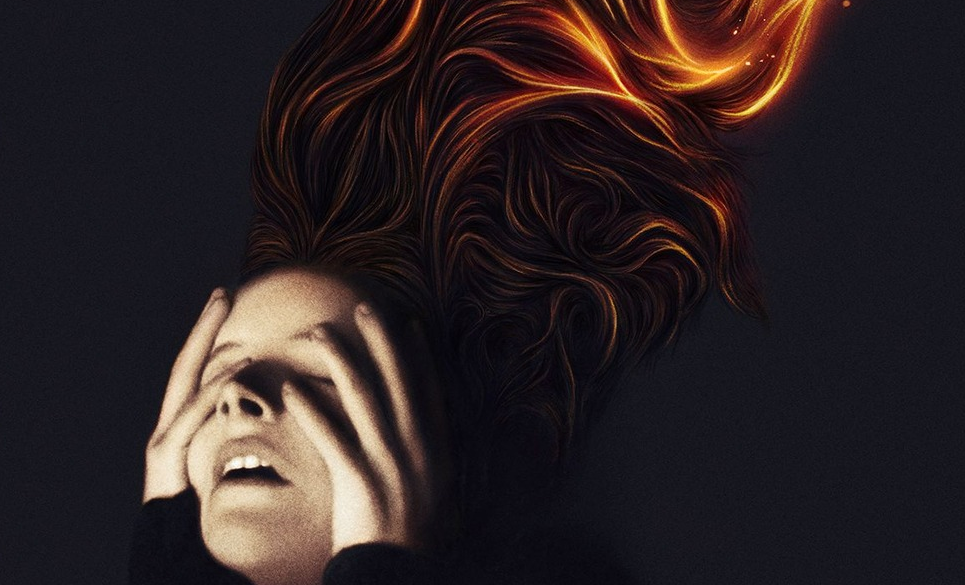Starve Acre
by Hope Madden
Perhaps it’s impossible to create a folk horror film that feels truly fresh. Maybe freshness is at odds with the very idea of folk horror. What director Daniel Kokotajlo, adapting Andrew Michael Hurley’s novel Starve Acre, manages in lieu of freshness is an enigmatic slow burn enlivened by memorable performances.
Richard (Matt Smith), Jules (Morfydd Clark) and their young son Owen (Arthur Shaw) are settling in. They’ve recently moved into Richard’s childhood home out in the bleak and foggy British countryside circa 1970-something. The fresh air will do Owen good, surely. I mean, nothing maleficent ever happens in situations like these. What could go wrong in a place called Starve Acre?
Unless Richard’s late father—and maybe rugged old neighbor Gordon (Sean Gilder, stellar)—dabbled in child abuse and the occult. Or the old tree trunk that Richard obsessively digs around is some kind of gateway. But what are the odds?
So much of Kokotajlo’s film pulls from existing genre fare: unhappy couple, new home with an ugly past, familial tragedy, father numbs himself with work while mother loses grip on reality.
But a handful of intriguing scenes and conversations, as well as an entire ensemble of strong performances, ensures that the creeping storyline captures and keeps your attention.
Little Arthur Shaw is a heartbreaker, so be prepared. Kokotajlo sidesteps overt gruesomeness to leave an impression that’s even more menacing. Gilder’s a solid salt-of-the-earth presence, offset admirably by Erin Richards. As Jules’s sister Harrie, she’s civility-meets-hardiness and her character feels deeply human and relatable.
But it’s Smith and Clark (the latter who was so astonishing in Rose Glass’s 2019 genre masterpiece, Saint Maud) who carry the film. Both deliver characteristically flawed but tender performances, each commanding the screen without an ounce of showiness.
Careful writing, some fine genre direction and misdirection, and these compelling performances help Starve Acre rise above its spooky familiarity. It’s not enough for Kokotajlo to leave you lying awake and hoping for dawn, but you won’t regret watching.



